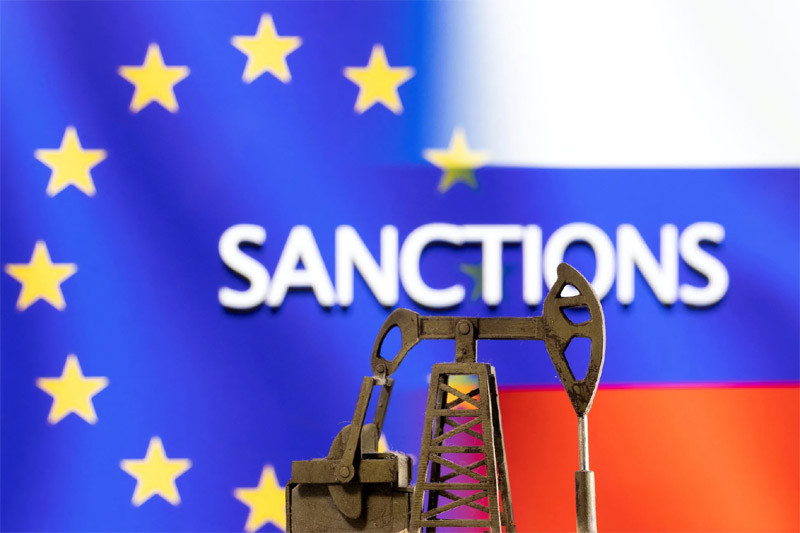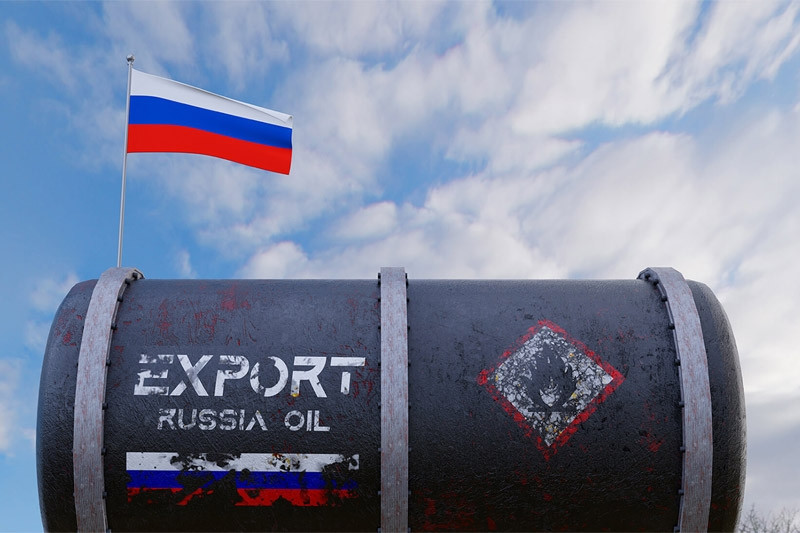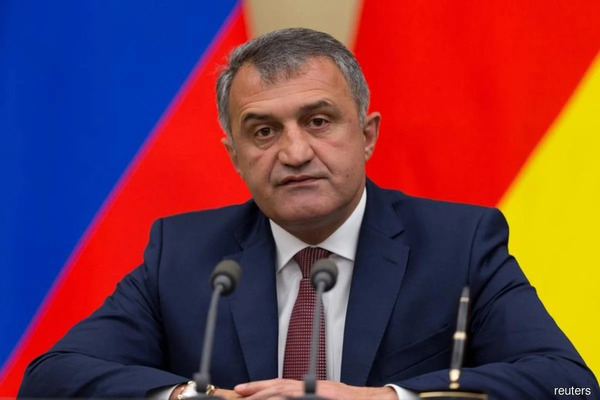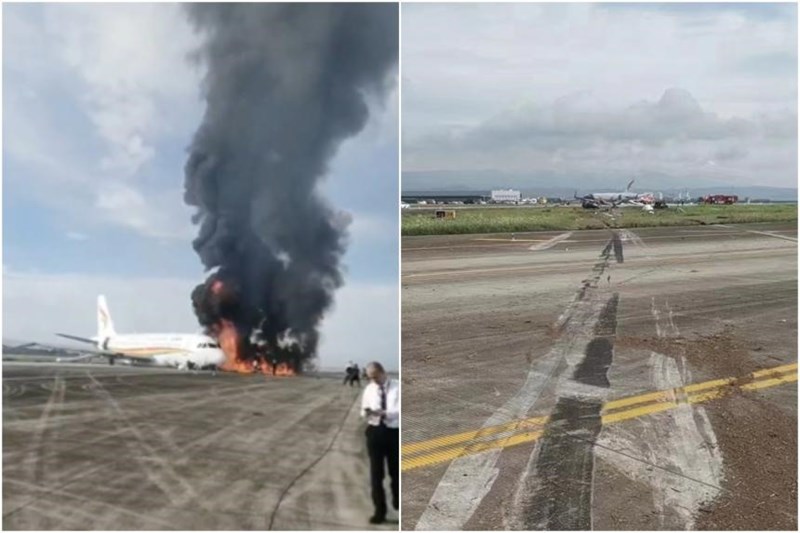How does the new EU sanctions affect Russia?
EU leaders on May 30 agreed in principle to cut oil imports from the country by 90% by the end of this year, resolving the impasse with Hungary over the bloc’s toughest sanctions against the EU. with Moscow since they open military offensive in Ukraine more than 3 months ago.
Diplomats said the move would pave the way for other measures in the EU’s sixth package of sanctions against Russia, including the removal of Russia’s largest bank Sberbank from the SWIFT international payment system, which was approved by the EU. implementation.

According to Reuters, the new order will ban imports of crude oil and petroleum products from Russia to EU countries via sea, but exempts fuels imported through the pipeline network.
In an announcement posted on Twitter at the end of the first day of the summit gathering 27 EU leaders in Brussels (Belgium), European Council President Charles Michel emphasized that the decision will be made immediately. ie applied to more than two-thirds of oil imports from Russia, in order to “cut off a huge financial supply” for Moscow’s war in the neighboring country and “maximum pressure” to force it to end. war. The decision will make Russia lose $10 billion in export revenue each year, according to Bloomberg calculations.
Currently, two-thirds of oil from Russia is being transferred to EU countries via ships and the remaining one-third through the Druzhba pipeline. By the end of this year, when Poland and Germany, which are also connected to supply pipelines from Russia, stop buying fuel from the country of birch, the new ban covers 90% of total oil imports from all sources of the Union. bright. The remaining 10% will be temporarily exempted from embargo so that Hungary, a landlocked country that has to import most of its oil from Russia via pipelines, continues to receive a supply that cannot be easily replaced.
As a next step, EU officials and diplomats will have to agree on the technical details of the ban and sanctions that need to be formally approved by all 27 member states. Mr. Michel revealed that the bloc’s ambassadors will meet on June 1 to discuss the issue.
Analysts say that, as long as the ban has not been implemented, the oil business, a pillar of the Russian economy, will not suffer much. In fact, Russia’s oil production is showing resilience as customers in Europe and other countries, especially China and India are seizing the opportunity to import fuel at a high discount, around $30/barrel for Brent crude, by international standards.
Kpler, a petroleum shipping tracker, estimates that Russia’s oil production in May actually increased by about 200,000 bpd from April, to 10.2 million bpd. However, this is about 800,000 bpd lower than the level in February, before the outbreak of hostilities in Ukraine. Still, revenue for Russia, the world’s second-largest oil producer, is still growing on the back of escalating fuel prices, amid constrained supply and growing demand from countries around the world to fuel recovery operations. post-Covid-19 economy.
Russian state television quoted Finance Minister Anton Siluanov on May 27 as estimating that the country is expected to increase by one trillion rubles ($14.4 billion) in revenue from oil and gas this year.
However, many observers say that Russia’s recent increase in oil shipments is due to domestic refineries increasing output after regular maintenance and as customers ease their worries about the situation. buy their fuel.
Kpler predicts that the new EU embargo could reduce Russian production by another million bpd, or about 10%, when it officially goes into effect. That will likely contribute to a wide-ranging downturn in Russia’s energy sector in the coming years, as major oil players leave the country and sanctions keep Moscow businesses out of the country. import technology from the West.
In addition, over time, the loss of Europe, the destination of more than half of Russia’s oil exports, is believed to deal a major blow to Russia. Moscow will struggle to find enough new customers to fill the void, as purchases from India and China are still not large enough to replace them.
Tuan Anh

at Blogtuan.info – Source: vietnamnet.vn – Read the original article here


